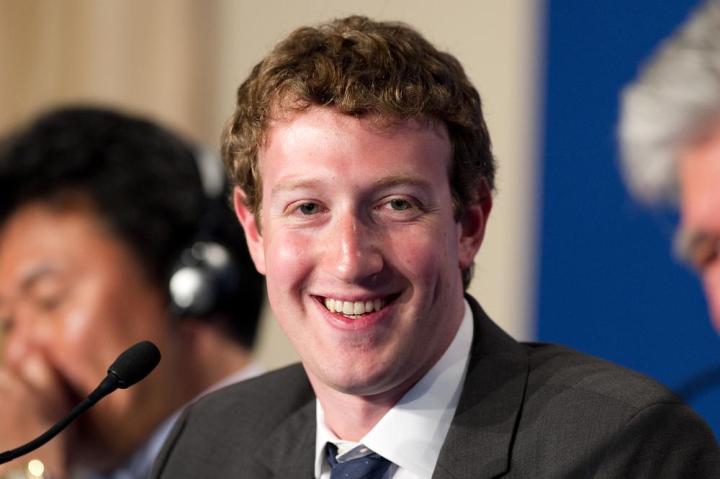
The company beat analysts’ expectations by posting revenue of $5.38 billion (up 52 percent year-over-year), with most predictions expecting a total of $5.26 billion. Additionally, Facebook’s net income almost tripled in comparison to the first quarter of last year to hit $1.51 billion.
Crucially, the world’s biggest social network continues to attract more users, its overall user base reaching 1.65 billion in the quarter, compared to 1.44 billion a year ago. Not only that, people are also using Facebook more, with the company reporting that 66 percent of monthly active users (MAU) logged on to the platform daily, an increase of 1 percent from the same period last year. CEO Mark Zuckerberg stated that people were spending more than 50 minutes per day across the company’s suite of apps, including Facebook itself, Messenger, and Instagram.
The revenue Facebook derives from each user (that’s you and your friends) has also risen to an average of $3.32, from $2.50 a year earlier.
Amid all the glowing statistics, one important factor kept popping up; mobile. Facebook noted that its mobile MAUs grew 21 percent year-over-year to reach 1.51 billion. Alongside that jaw-dropping growth came an increase in lucrative mobile ad spend. The company reportedly made 82 percent of its $5.2 billion in ad revenue from mobile this quarter. Compare that to the soft brand spending power reported by rival Twitter, and you begin to get an idea of who really rules the roost in the smartphone sphere.
On the topic of rulers, its seems Facebook’s founder and CEO wants even more control over his company. In a note posted on the Facebook Newsroom, Mark Zuckerberg revealed that the company is planning to create a new class of non-voting shares. Meaning Zuckerberg can still give away 99 percent of his wealth using non-voting shares, and continue to retain a tight grip over Facebook with his voting stock.
After hearing the first-quarter figures, investors will likely back the move. After all, Zuckerberg’s aggressive pursuit of advertising has evidently reaped massive rewards for Facebook.
Despite all the good news, there was no mention of Oculus Rift’s impact on revenue. The VR headset’s recent launch was plagued with mishaps, mainly due to shipping delays, and its lack of presence during the earnings call will do little to alleviate concerns about its future. Nonetheless, Facebook did emphasize that the Oculus acquisition was a long-term investment that would not significantly impact its 2016 revenue.


